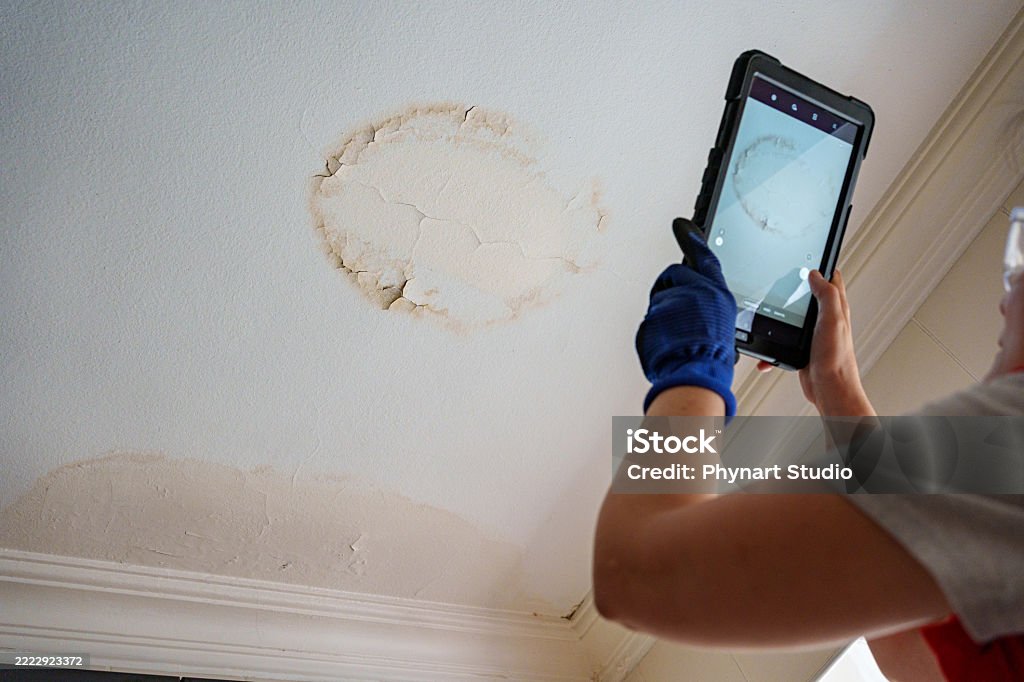Introduction
There’s something energizing about a freshly cleaned space—sparkling counters, organized surfaces, and the scent of tidiness in the air. But as anyone who has ever hosted a dinner party or overseen an office cleaning knows, that clean feeling can fade fast. Within days—or even hours—life resumes its usual pace, and mess begins to reappear.
So how do we preserve the benefits of a professionally cleaned space? The answer isn’t more deep cleaning; it’s building a system of micro-habits—small, intentional actions that reinforce cleanliness between professional sessions. Whether you’re managing a busy office or maintaining a private home, these low-effort, high-impact routines can extend the life of house cleaning services and commercial cleaning services alike.
In this article, we’ll explore how micro-habits form, why they matter, and what they look like in everyday cleaning contexts.
What Are Micro-Habits?
The Power of Small Daily Actions
Micro-habits are tiny, repeatable behaviors that are easy to sustain. Instead of tackling an entire office cleanup once a week or scrubbing your kitchen top to bottom, micro-habits encourage quick, manageable maintenance—like wiping down a surface immediately after use or doing a two-minute sweep at the end of the day.
Unlike larger cleaning tasks, which require planning and motivation, micro-habits are so small that they almost feel effortless. And over time, these small actions compound, keeping your environment consistently cleaner with less effort overall.
Examples of cleaning micro-habits include:
- Putting away one item each time you walk through a room
- Shaking crumbs into the trash after each snack
- Refilling hand soap or paper towels as soon as they’re low
- Running a cloth over shared handles, doorknobs, or desktops every morning
These behaviors don’t replace cleaners or professional maintenance—but they bridge the gap between sessions and prevent environments from degrading too quickly.
Why Clean Habits Matter in Commercial Spaces
A Culture of Care Starts Small
In commercial settings, consistent cleanliness isn’t just about aesthetics—it’s about health, safety, and professionalism. While commercial cleaning services are essential for deep sanitation, maintaining a tidy atmosphere between visits comes down to shared responsibility.
Encouraging micro-habits among staff can reduce clutter, protect equipment, and promote a respectful office culture. It can also reduce emergency cleaning calls or interruptions caused by neglected messes.
Micro-habits in the workplace might include:
- Returning communal supplies to designated storage after use
- Emptying personal trash bins before they overflow
- Cleaning out shared fridge space on a specific day each week
- Giving a quick wipe to a meeting table after each use
These habits don’t require policy changes or meetings. They thrive on consistency, modeling, and mutual accountability—and they help your space look “just cleaned” for far longer.
How Micro-Habits Support Home Cleaning Services
Preventing the Bounce-Back Effect
In homes, professional house cleaning services bring everything to a baseline—floors vacuumed, appliances shined, surfaces polished. But it’s what happens in the days that follow that determines how long that clean feeling lasts.
The “bounce-back” effect—when a home returns to a messy state almost immediately—can feel frustrating and even discouraging. Fortunately, a handful of micro-habits can hold that line longer.
Simple household examples include:
- Wiping the bathroom sink nightly while brushing your teeth
- Running the dishwasher before bed and unloading it first thing
- Using baskets to corral daily clutter like mail, keys, or electronics
- Removing shoes at the door to reduce tracked-in dirt
By inserting these 30-second tasks into routines you already follow, you maintain an elevated standard with minimal effort.
The Science Behind Habit Formation
Why Micro-Habits Actually Work
Behavioral science shows that habits stick best when they’re small, consistent, and tied to existing routines. Instead of waiting for the perfect cleaning day, micro-habits attach themselves to things you’re already doing.
For example:
- “After I pour my morning coffee, I’ll wipe the kitchen counter.”
- “After I turn off my monitor at work, I’ll clean my desk surface.”
- “Before I take the elevator, I’ll check the breakroom trash.”
These linkages reduce decision fatigue and make cleanliness part of the background of your day—not a separate event requiring motivation or planning.
When paired with routine visits from cleaners, micro-habits ensure that your space never strays too far from its clean baseline.
Sustaining Habits Without Stress
Making Clean Routines Easy and Visible
Even small habits can fail if they feel inconvenient. That’s why tools and visibility matter. If the disinfectant spray is buried behind five boxes, chances are it won’t be used regularly. If trash bins are full and liners aren’t nearby, people will keep stuffing them anyway.
Here are some ways to make micro-habits stick:
- Place tools where they’re needed: keep wipes near high-touch areas, or brooms near entry points
- Label shared spaces clearly: such as shelves in communal kitchens or closets in multi-use rooms
- Make use of timers: like setting a 5-minute “end-of-day reset” reminder
- Encourage consistency: even simple signage like “clean as you go” near sinks can reinforce behavior
- Facilities like Shorely Clean often recommend simple habit-based strategies to complement their scheduled cleaning appointments—because they know that habits are what fill the gaps between professional care.
When to Reset and Reassess
Every System Needs a Tune-Up
Even the best habits need occasional review. Maybe the office layout has changed, or a new team member has different expectations. Perhaps the household routine has shifted because of kids’ school hours or remote work.
Every few months, take time to reassess:
- What’s working well?
- Where is clutter still collecting?
- Are cleaning tools still accessible?
- Do certain habits need adjusting?
The goal isn’t perfection, but sustainability. Micro-habits aren’t meant to eliminate mess—they’re there to manage it before it gets overwhelming.
Conclusion
Cleanliness isn’t just a result—it’s a rhythm. And in both homes and workplaces, small daily choices can extend the power of professional cleaning far beyond the appointment window. Micro-habits reduce buildup, improve accountability, and make clean spaces the norm rather than the exception.
Whether you’re maintaining a commercial office or managing a busy household, pairing cleaners with smart habits ensures your space supports health, clarity, and comfort. With a partner like Shorely Clean and a few new routines in place, lasting results are just a few habits away.



